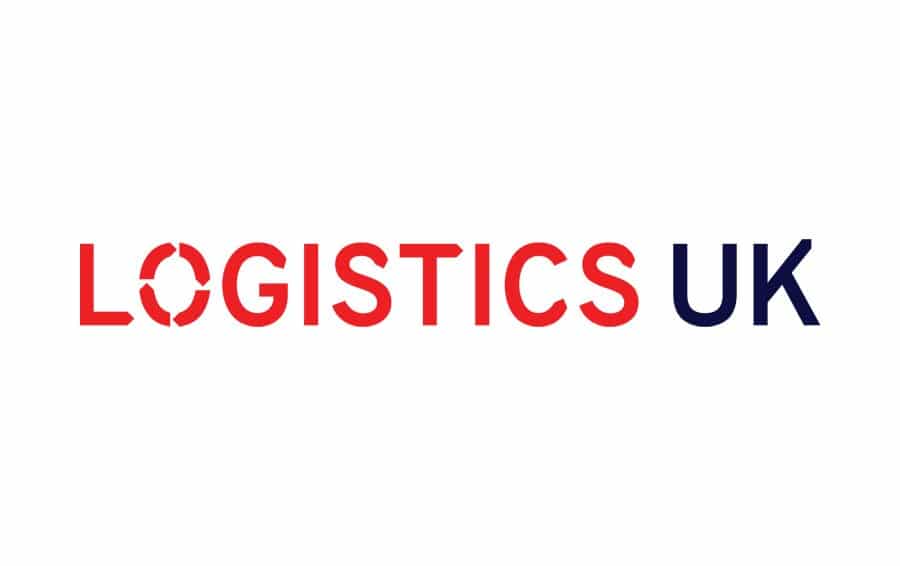In response to the Transport Committee’s report, E-scooters: pavement nuisance or transport innovation, Phil Lloyd, Head of Engineering Policy at Logistics UK, comments:
“Logistics UK echoes the Transport Committee’s call on government to carefully assess the safety risks and uncertainties associated with the use of e-scooters before making their use legal on our roads. We understand the Committee’s concern over the potential negative impact of using e-scooters on pavements, but, although the majority of e-scooter users may prefer to use segregated cycle lanes, it is unlikely that an increase in urban cycle lanes can be delivered sufficiently quickly to meet the likely demand for these vehicles. Therefore, the majority of these vehicles will be used on our roads and road safety issues must be considered before their use is permitted legally, to protect e-scooter users and other road users. There is an urgent need for a robust and careful examination of the evidence, and clear safety rules and regulations for e-scooters; this is especially important for commercial operators using these vehicles to deliver goods into towns and cities.”
Logistics UK (formerly FTA) is one of the UK’s leading business groups, representing logistics businesses which are vital to keeping the UK trading, and more than seven million people directly employed in the making, selling and moving of goods. With COVID-19, Brexit, new technology and other disruptive forces driving change in the way goods move across borders and through the supply chain, logistics has never been more important to UK plc. Logistics UK supports, shapes and stands up for safe and efficient logistics, and is the only business group which represents the whole industry, with members from the road, rail, sea and air industries, as well as the buyers of freight services such as retailers and manufacturers whose businesses depend on the efficient movement of goods.






